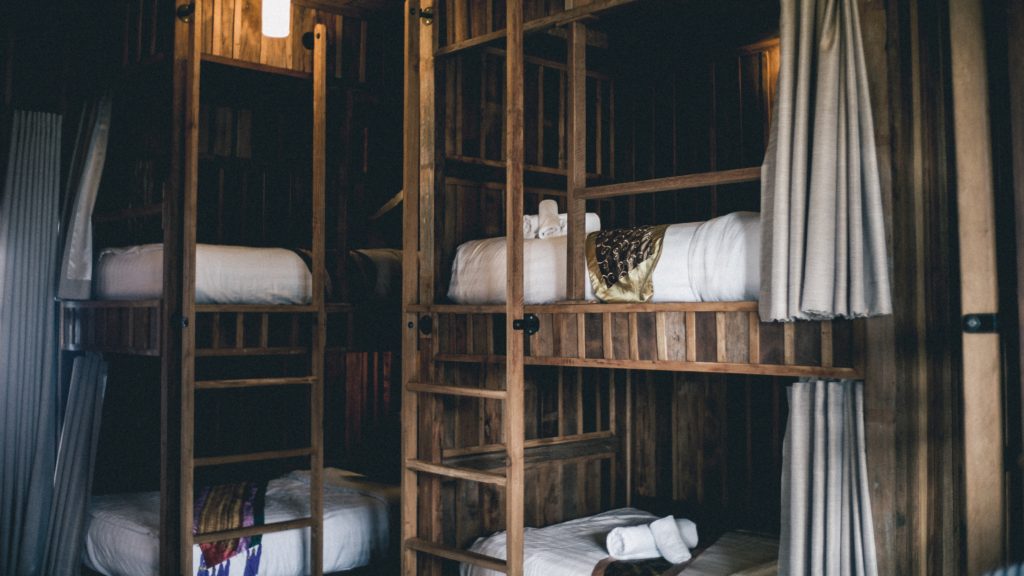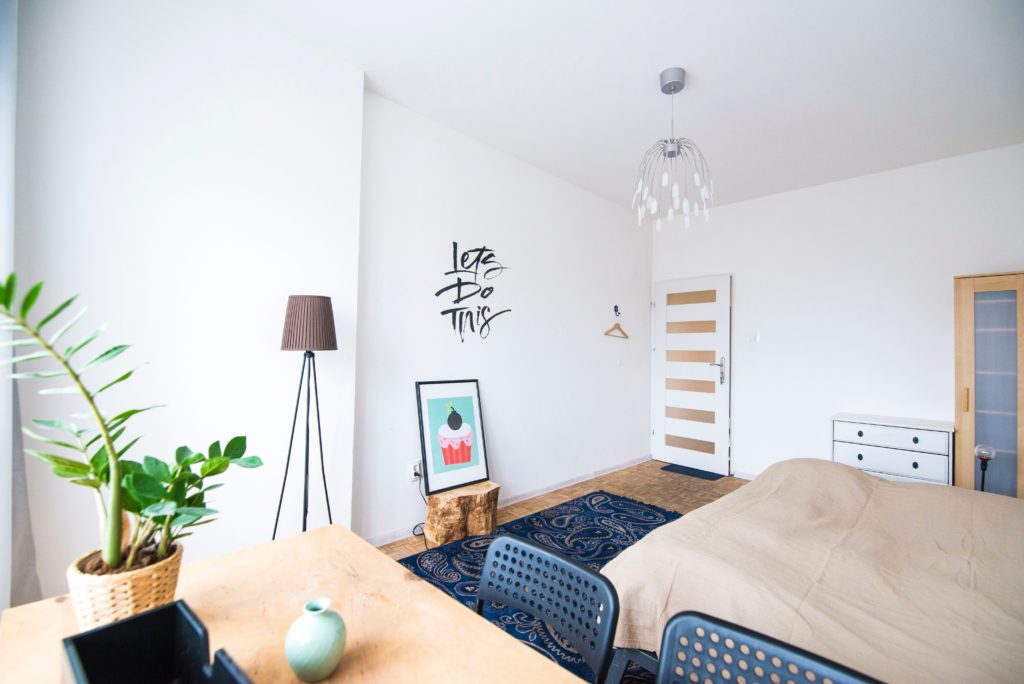There are two types of entrepreneurs and their goals are very different. The “good” kind realizes that their livelihood depends on you, the customer – they go to great lengths to improve your experience, they smile, they thank you for doing business with them. After dealing with a business with this type, you’ll most likely recommend them to your peers and return to them when you get the occasion. Whereas the only goal of the “bad” kind is to take your money, making as much profit as possible while spending as little as they can, with no regard to your experience and whether you will recommend them or return to them ever. This divide is present in pretty much every area from retail and dining to travel and lodging.

People of the second kind are behind almost every single hostel horror story you’ll stumble upon online. It happens everywhere, from small tourist towns off the beaten path and the top travel destinations in Mexico to high-profile state capitals and world-class resorts. Luckily, there are a few ways in which you’ll likely spot the places that offer overpriced and subpar services. Here are a few tips that may help you spot the bad apples.

Read the fine print. Carefully
When choosing a place where you plan to spend a few nights, make sure to read the offer carefully. While the prices may seem super friendly at first, there may always be hidden fees that may push your budget off-balance in an instant. One of the examples are lockers: while most hostels with a bit of self-respect have them, they are sometimes not included in the price you pay to stay. Paying extra for keeping your belongings safe surely beats having to buy a new phone while away (and perhaps having to travel to a consulate for a new passport, if you are travelling abroad) but not letting you know of the extra cost is not a very fair and customer-friendly way to do business, right?
When booking a bed at a hostel, try to find out if any extra costs are not included.
Location, location, location
When you look for a hostel in a place you’ve never been before, always try to choose one that’s close to public transport. Hostels that are just out of town may be much cheaper than their more central counterparts but the economy will most likely be offset by the time and money you spend getting there. Imagine landing after a long flight or an even longer train ride (that’s more tiresome than many would imagine) and having to walk halfway across the city to be able to finally get some decent sleep. Of course, you could hail a cab… but that will likely offset your budget by quite a bit.

Check-out time
Nomadic Matt called a late check-out time one of the must-haves for hostels – sleep is truly valuable on the road, he writes, and hostels that have a late check-out understand this. His pro tip is to avoid places with check-out times before 10 AM.
Ask around
There are so many outlets online that can help you find out more about the place you plan to crash at – so do your homework. If the place you plan to sleep at wasn’t reviewed at Tripadvisor, for example, there are still many other places you can ask around: forums, travel blogs, even social media. There, you won’t get the reviews (maybe even paid ones) that focus on the positive aspects of the place you plan to stay at but the personal experiences of people who have actually slept there, giving you punctual reasons why or why not you should choose it. Since they are real people, they will give you insights on various important aspects ranging from cleanliness and privacy to WiFi, the courtesy of the staff, and the likelihood of theft.
What are the ways you spot a bad hostel?


